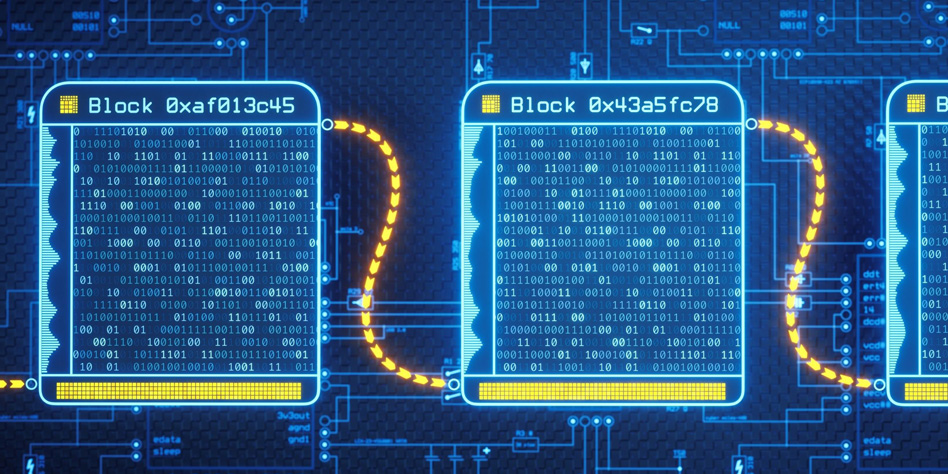
Blockchain is an unchangeable decentralized database of where all transactions are recorded. The technology behind it is what makes cryptocurrency work. It is important to note that blockchain technology goes beyond cryptocurrencies. Here are other current and future applications for blockchain technology.
International payments and money transfers
Using a blockchain for payments and money transfers can be less expensive and quicker than the current methods of money transfer services. In 2018 Banco Santander launched “Santander One Pay FX.” It’s the world’s first blockchain-based money transfer service.
Insurance
Smart contracts on the blockchain will provide greater transparency for customers and insurance providers. All contracts and claims can be recorded on the blockchain and validated by the network. This can exclude invalid claims as the blockchain will reject another claim for the same accident. openIDL is a network built on the IBM blockchain platform by the American Association of Insurance Services. It automates insurance regulatory reporting and streamlines compliance requirements. B3i is building a distributed technology network that will provide better solutions for traditional insurance administration systems.
Supply Chain
The unchangeable digital ledger that blockchains provide can be adapted to real-time tracking of goods throughout the supply chain. Walmart, Nestle, and Unilever signed up IBM’s Food Trust. Blockchain technology can be used to trace each batch of goods from farms to markets, makes it possible to middlemen adding undue costs to their services, and can provide the ability to trace the source of defective goods.
Healthcare
Medical records on a blockchain will allow doctors and medical professionals to easily obtain updated patient information. It can also include a patient’s insurance information and hospitals can verify if a patient is insured and what treatments are covered. Blockchain use for healthcare currently has yet to be totally successful. Excelsior Pass was a COVID-19 vaccine passport in New York. It’s a mobile app that connects with a healthcare provider to verify that you have been vaccinated through a QR code. It was not so successful because of data entry delays and the QR codes can be utilized to track a user’s location.
Government
Governments can use blockchain technology for record management, identity management, voting, taxes, and compliance/regulatory oversight. The e-Estonia program enables Estonians to access public services without too much red tape, reducing the workload of public servants.
Media
Blockchain technology in media may be used to track music and film files. This way artists are paid for their work and can be used to reduce piracy. Streaming services can use a blockchain to track playbacks and giving the right amount to the artists. Businessinsider.com states that “Eluvio Content Fabric uses blockchain technology to enable content producers to manage and distribute premium video to consumers and business partners without content delivery networks.” MGM is also using the same platform for its global streaming needs.
Real estate
Recording real estate transaction using blockchain technology can provide a more secure and accessible way to verify and transfer ownership. It can expedite transactions, decrease paperwork, and save money.
IoT
Internet of Things (IoT) is making life easier, but it also makes data vulnerable. Blockchain technology can provide better security by storing data in a decentralized network instead of a centralized server.
Energy
According to PricewaterhouseCoopers, blockchain technology can be utilized to carry out energy supply transactions, furnish basis for metering and billing, recording ownership, asset management, origin guarantees, emission allowance, and renewable energy certificates.
The most common use of blockchain these days is for buying cryptocurrencies as an investment or a currency. While most crypto blockchains can only provide pseudo-anonymity, the Monero blockchain guarantees true anonymity. Enhance the privacy that the Monero token and blockchain ensures by using a web-based wallet that’s secure. Send and receive XMR instantly using XMRWallet. It’s completely free and there’s no registration needed. Open an XMRWallet account to safeguard your Monero coins.
